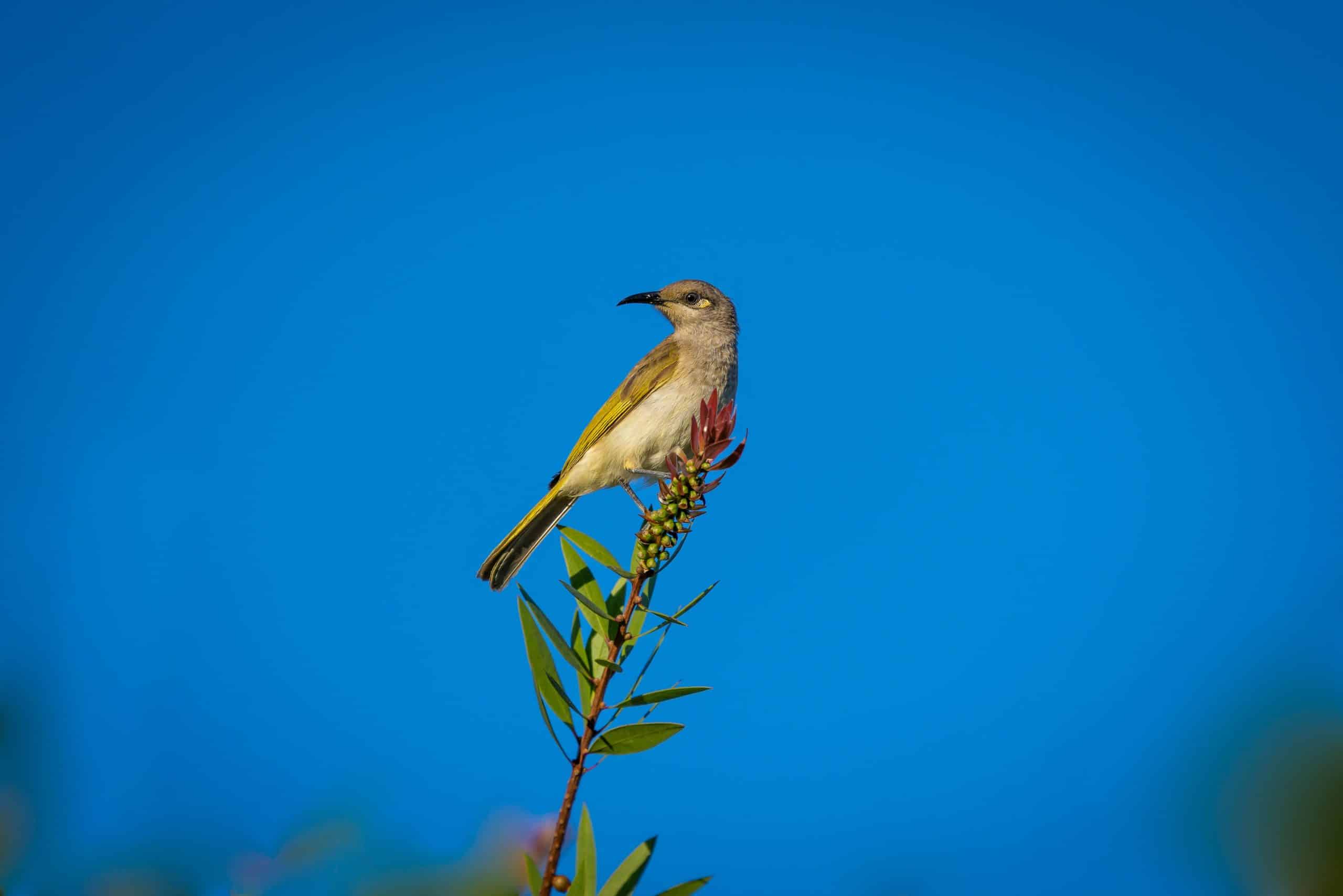How to create a bird-friendly environment that supports British finches during winter?

British finches are among the most colourful and delightful birds. These friendly creatures offer splashes of colour and liveliness to the garden throughout the year but need extra help during the winter. Creating a bird-friendly environment that supports these finches during the colder months requires careful planning and a tender heart for wildlife. In this article, we will guide you through the process of transforming your garden into a haven for finches, focusing on key areas such as food, water, shelter, and habitat.
Providing Adequate Food Resources
Food is the primary requirement for birds, especially during winter. When the weather turns frigid, finches need more energy to stay warm, which they obtain from food. The scarcity of natural food sources during winter makes it hard for finches to find adequate nourishment.
A lire aussi : What are the legal and ethical considerations for rehabilitating a wild rabbit in the UK?
Therefore, your garden needs to offer a variety of foods to meet the dietary needs of these birds. Seeds from sunflowers, dandelions, and thistles are among the favourite foods of finches. You can grow these plants in your garden or provide seeds in feeders.
Remember to avoid cheap birdseed mixtures. They often contain filler seeds that many bird species, including finches, do not eat. Instead, opt for high-quality seeds, such as Nyjer or black oil sunflower seeds, that are especially attractive to finches.
A lire également : What are the environmental enrichment strategies for a pet fox in a suburban UK garden?
Keep your feeders clean and replenished regularly. This will not only provide a continuous supply of food but also prevent the spread of diseases.
Ensuring a Constant Water Supply
Water is as vital for birds as food. Birds require water for drinking and bathing. During winter, when the natural water sources may freeze, it is crucial to provide a constant supply of fresh water.
Heated birdbaths or bird-friendly water features with a heating element will prevent the water from freezing. A simple trick is to float a small ball on the water surface, which due to wind movement will keep the water from freezing for longer.
Remember to regularly clean the water sources, particularly in the freezing weather when disease can spread more easily.
Planting Native Trees and Shrubs
By planting native trees and shrubs, you provide both food and shelter for the finches. Native plants have co-evolved with native birds and are hence more likely to provide suitable food in the form of seeds, berries, and insects.
Consider planting trees such as alder and birch, which are known to attract finches. Evergreen shrubs provide excellent shelter and resting places for these birds. The berries from plants like hawthorn and rowan can serve as an additional food source during the harsh winter.
Creating a layered landscape with trees, shrubs, and ground cover can mimic the finches' natural habitat, making your garden more attractive to them.
Creating Safe Havens
Your garden should be a safe haven for finches, providing them with adequate shelter and protection. Nest boxes, if correctly placed, can offer a safe refuge for these birds.
Ensure the nest boxes are high enough to be out of reach of predators and have sufficient insulation to protect against the winter cold. The entrance hole should be just big enough for a finch to enter to prevent larger birds or predators from gaining access.
Additionally, keep your garden cat-free. Cats are a significant threat to birds. You can deter them by using prickly plants or physical barriers around bird feeders and nest boxes.
Encouraging a Wildlife-friendly Environment
Encouraging a wildlife-friendly environment goes beyond just planting native species and providing food and water. It includes avoiding the use of pesticides, which can harm birds directly or reduce their food sources by killing off insects.
Excessive tidiness can also detrimentally affect wildlife. Leaving seed heads on plants, having a compost heap, and allowing leaf litter to accumulate can provide additional food sources and habitats for insects, thereby attracting more birds.
By creating a bird-friendly garden that caters to the needs of British finches during winter, you not only support these delightful creatures but also contribute to the preservation of British wildlife. With careful planning and ongoing care, your garden can become a vital lifeline for finches and other bird species during the harsh winter months.
Maintaining a Clean and Hygienic Environment
Keeping your garden clean and hygienic is crucial to attracting and supporting finches and other backyard birds. Birds are sensitive creatures and can easily contract diseases from dirty bird feeders or contaminated water sources. Maintaining cleanliness in your garden is one of the most effective ways to keep your bird visitors healthy and safe.
Ensure that bird feeders are cleaned and refilled regularly. Accumulated waste and old seeds can harbour bacteria and mould, which can be harmful to birds. Cleaning feeders and bird baths with a mild bleach solution can remove harmful pathogens, but make sure to rinse them thoroughly before refilling.
The ground under feeders can become a breeding ground for parasites and bacteria if not regularly cleaned. Sweep up any leftover seeds and husks to deter pests and keep the ground clean. If you notice sick or diseased birds in your garden, remove the feeders immediately and clean them before reinstallation.
Lastly, it's crucial to ensure that nest boxes and bird houses are clean before winter begins. Birds will often use these spaces to shelter from the cold, so ensuring they are clean can provide a safer environment for your feathered friends.
Balancing the Ecosystem
As much as it's essential to create a bird-friendly environment, it's equally important to maintain a balanced ecosystem in your garden. A garden overrun with birds can threaten other forms of wildlife and skew the balance of your garden's ecosystem. Therefore, while you're making efforts to support British finches during winter, also remember to support other forms of wildlife.
Plant a diversity of native plants to attract a balance of different bird species and other wildlife. Providing a range of food sources will help ensure that one species doesn't dominate and will support a wider range of wildlife.
Avoid overfeeding. Too much food can attract unwanted pests like rodents, or lead to aggressive behaviour among birds. It's better to provide small amounts of food at regular intervals, rather than a large amount at once.
In Conclusion
Creating a bird-friendly environment that supports British finches during winter is a delightful and rewarding task. Providing food, water, shelter, and maintaining cleanliness can make a significant difference to the survival of these stunning birds during the harsh winter months.
Planting native trees and shrubs not only benefits the birds but also enhances your garden's appeal and contributes to local biodiversity. Remember, it isn't just about providing for the birds; it's about creating a balanced ecosystem where all wildlife can thrive. So go ahead, open your garden to these colourful creatures, and enjoy the beauty and life they bring to your outdoor space.
